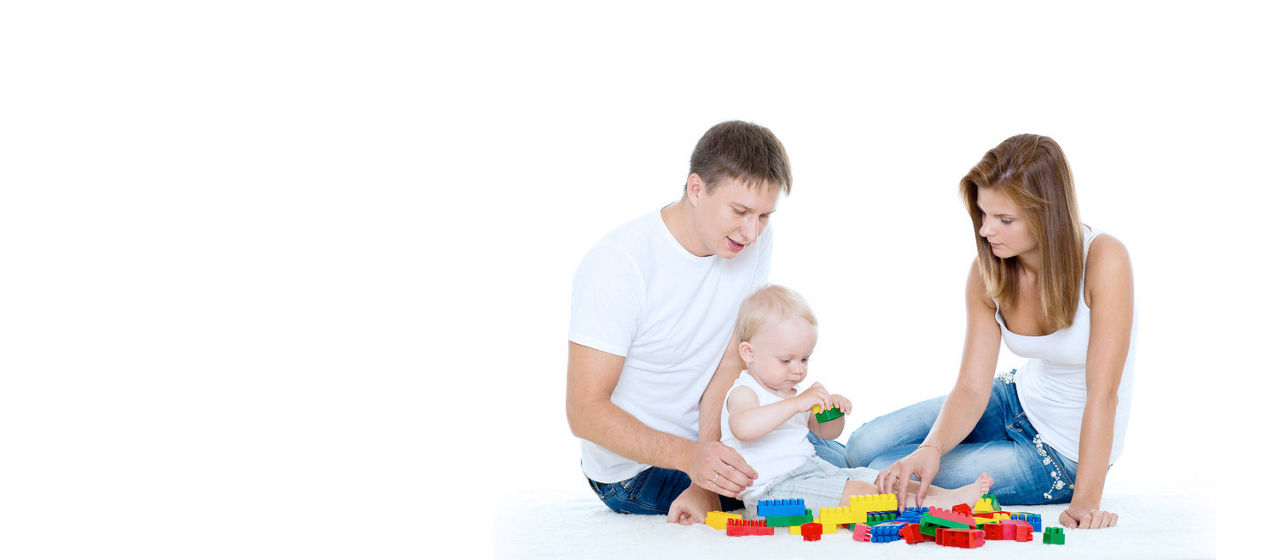Breastmilk is the best for babies. The World Health Organisation recommends exclusive breastfeeding for the first six months of life. Unnecessary introduction of bottle feeding or other food and drinks will have a negative impact on breastfeeding. After six months of age, infants should receive age-appropriate foods while breastfeeding continues for up to two years of age or beyond. Consult your doctor before deciding to use infant formula or if you have difficulty breastfeeding.
Your baby in the 5th month
What your baby can learn
Your baby will begin to understand the world and start to study objects now by grabbing and shaking it. He will also learn to use his hands and fingers as it engages in a supine position while playing with the toys that are next to him. It also slowly discovers his voice as it babbles to himself and takes great joy into becoming noticeable. Since your baby can now start to look at its own toes, it will begin to start looking everywhere. This interest shows the progress in the development of your child.
That your baby needs
Talk to your baby as much as you can. The cerebellum will start to be developed now and with every conversation that you make, it will encourage his language development. The child will exert a lot of force in the learning and discovery of its voice – which will whet his appetite. If your baby starts to suck on his little fingers increasingly or seem interested as it watch you eat, it’s a good sign that it is ready for the first complementary foods. You can start the introduction when your child reaches around 6months of age.
Our AptaAdvantage Tip
In the recent months you have fed your baby approximately 900 times, changed about 700 diapers and dispensed hundreds of hours of sleep. Treat yourself to a break of at least a few hours, e.g. in the spa, the sauna or with the beautician. It is clear to you that your baby is good even without you for a few hours (but do remember to leave them in the care of a trusted adult).

Connect with our team of experts
We provide advice and support for you on your parenthood journey




